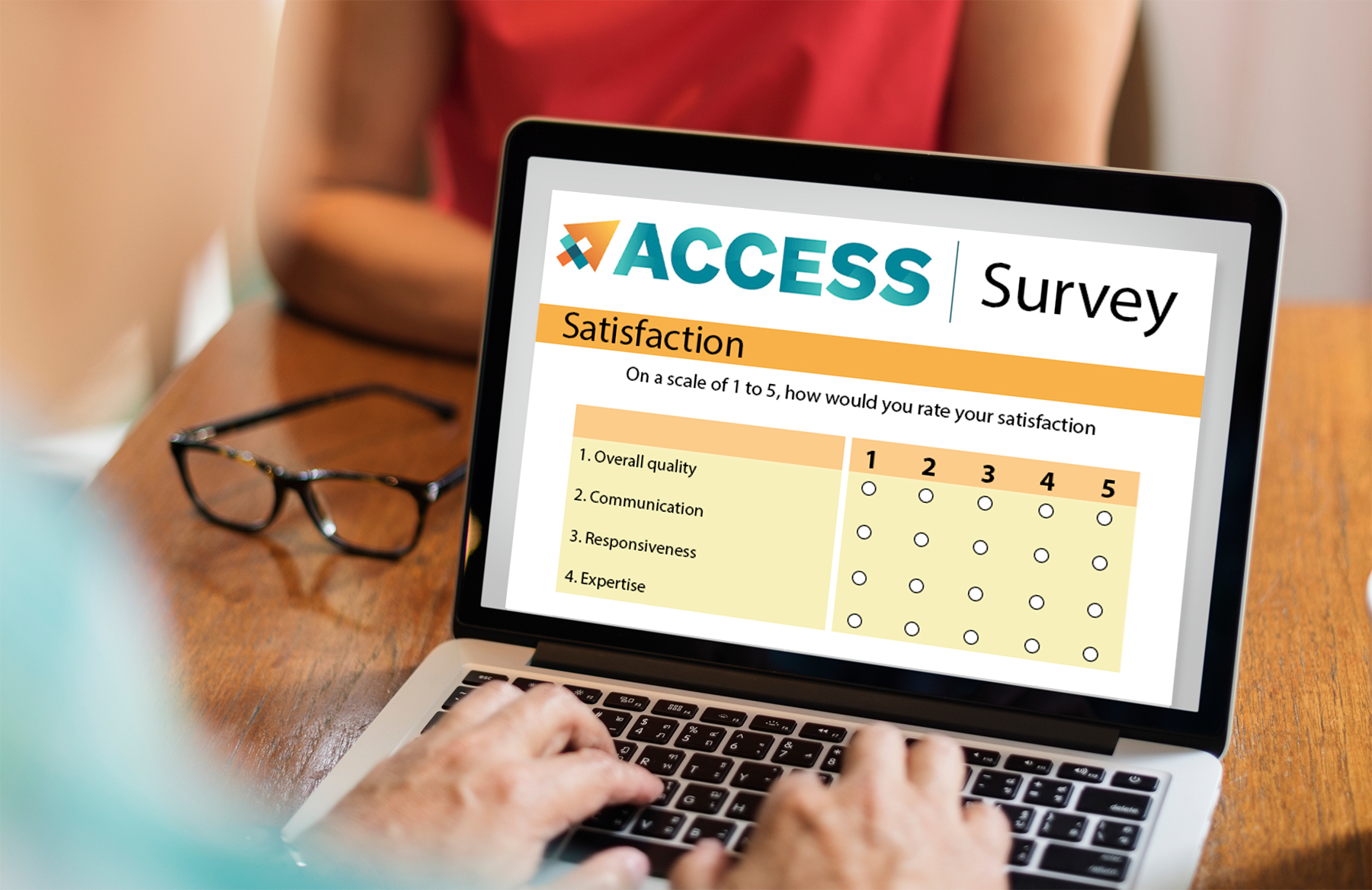It has been quite a year for ACCESS Allocations. The team not only had to provide uninterrupted allocations services starting on Sept. 1, 2022, but they also created a whole new process for allocations while ensuring that the researchers who rely on resources in the ACCESS ecosystem stayed happy. To gauge that happiness, the Allocations team issued a survey, and 84% of researchers responded that they were satisfied with the outcome of their allocation requests, while half responded that they were “extremely satisfied.”
According to survey respondents, the Allocations team met their goals and navigated a challenging transition year. Here are just a few of the successes the team has accomplished over the last year.
Implementation of a DEI plan
When researchers think of supercomputing centers, they often think of huge projects that use some of the largest high-performance computing resources in the industry. With all that high-end technology, it might be hard to see how a smaller project could benefit from what ACCESS offers. That’s why the ACCESS Allocations Service implemented a new Diversity, Equity & Inclusion (DEI) plan. Their goal is to make sure it’s clear that ACCESS resources are ready to serve a diverse community of researchers, each with different cyberinfrastructure needs.
One of the new goals among the ACCESS teams is to make it easier to find resources in accordance with the Allocations Service’s vision that national cyberinfrastructure “must be accessible and equitable for all researchers no matter the size of the institution, the scale of the planned work, the discipline of the research or the demographics of the requestor.”
In that spirit, The ACCESS Allocations team’s DEI plan addresses some hurdles in requesting allocations for smaller projects.
“As part of our comprehensive DEI plan, we have attended outreach events, developed and delivered facilitated DEI discussions and supporting materials to the ACCESS Allocations Review Committee as part of the review process, conducted community focus groups, ACCESS DEI policy review, cross-track collaboration, and developed DEI metrics and goals,” said Agbeli Ameko of NCAR, DEI Facilitator for the ACCESS Allocations Service.
To read more about the Allocations DEI plan, you can find the original story here.
Survey shows highly positive ratings
Allocations sent out a survey to more than 1,300 researchers, and from the responses received, it was obvious that Allocations was doing something right. Here is a small sampling of some of the highlights from this survey.
- Researcher responses
- Regarding the transition from XSEDE to ACCESS, 73% of respondents were aware of the new policies developed for ACCESS, and 83% were satisfied with the policies put into place by ACCESS.
- 81% of respondents were satisfied with the policies, documentation and instructions provided by Allocations.
- 80% were happy with the ACCESS staff availability and guidance offered by Allocations.
- 84% were satisfied with the amount of information needed to request an allocation and with the ease of use of the online submission process.
- Of the 143 responses received, 84% were satisfied with the outcome of their allocation request, with half the responses being “extremely satisfied.”
- In a separate survey of ACCESS resource providers, responses were overwhelmingly positive, with an average satisfaction rating across the board of 4.1 out of 5. Responders were most happy with the communication between ACCESS allocations staff and RPs, rating that at 4.3 out of 5.
Promising results from policy changes
The Allocations team adopted several key changes in policy that helped encourage researchers to submit a request for an allocation. Among those changes was to remove the restriction on graduate student requests.
Graduate students are now eligible to be principal investigators (PIs) on Explore ACCESS allocations, ACCESS’s small-scale award. NSF Graduate Student Fellows and Honorable Mention recipients may serve as PIs on requests for Discover ACCESS allocations, ACCESS’s medium-scale award. More information on the allocation opportunities are available here.
The allocations team also adopted new requirements for requesting an allocation, with smaller projects only needing to submit an abstract of their proposed project. In addition to those changes, the way allocations are awarded has been streamlined, which has resulted in getting a project up and running on an allocation much faster. Now, A “typical” project takes less than two weeks to go from submitting a project request to recording their first use of an ACCESS resource.
With 845 publications reported in the first year of ACCESS, all by researchers who either renewed or converted the XSEDE projects to ACCESS projects, it’s clear that things are moving along smoothly for the Allocations team. The team has plans in place to further accurately capture publications data and to eventually incorporate that data into an Allocations portal for use by ACCESS stakeholders.
Within the first year of operating, the ACCESS Allocations Team had 1,167 requests for allocations, with over 93% of those successfully approved and deployed. The team is not content to rest on its laurels and has a goal of decreasing the turnaround time from the point of request to the time of approval.
If you have a project that would benefit from cyberinfrastructure resources – regardless of size – we encourage you to explore the Allocations “Getting Started” page to learn more. The Allocations team is ready to connect you with the resources you need for your next research project.


